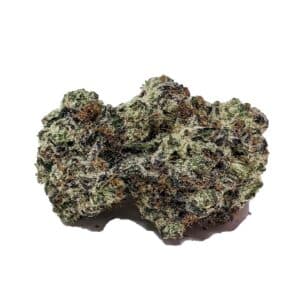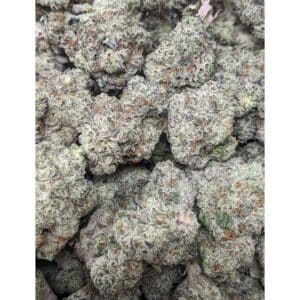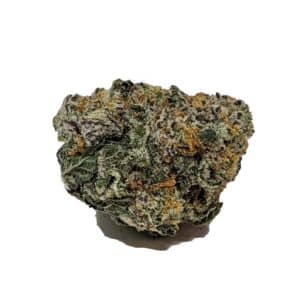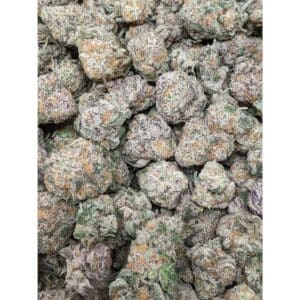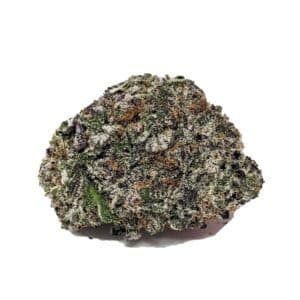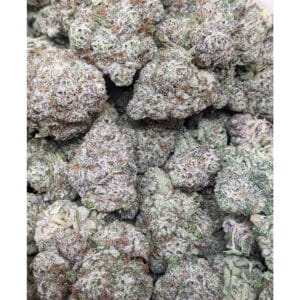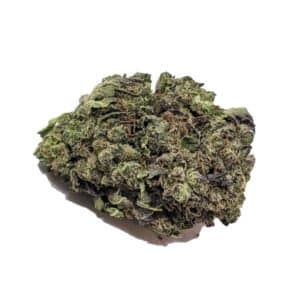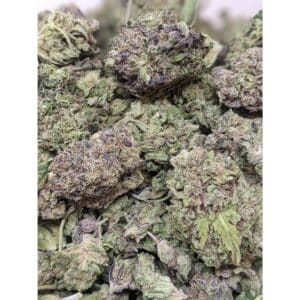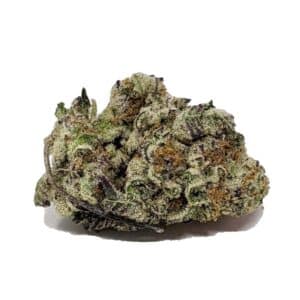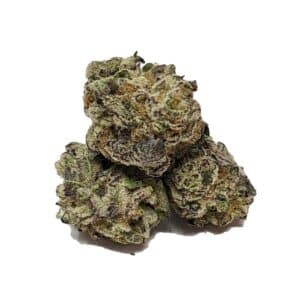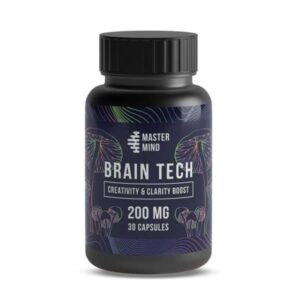Struggling with sleep? You may have considered weed as a natural sleep aid. Sleep disorders like insomnia can lead to fatigue, reduced productivity, and health issues. Traditional sleep meds can have side effects and dependency risks. Enter cannabis as an alternative. Recently, using cannabis for better sleep has gained attention. But does it work? This article explores weed’s potential benefits for improved sleep.
How weed affects sleep
Understanding how cannabis affects sleep entails exploring its two primary compounds: CBD and THC. CBD, or cannabidiol, is a non-intoxicating compound renowned for potential therapeutic benefits, including anxiety reduction and relaxation induction. Conversely, THC is the psychoactive constituent responsible for the cannabis “high.” Research indicates that CBD may possess a sedative effect, calming a restless mind and fostering relaxation through interaction with the endocannabinoid system. This interaction may potentially extend total sleep duration and diminish nocturnal awakenings. On the other hand, THC, despite its psychoactive reputation, may also harbour sleep-promoting characteristics by binding to sleep-related brain receptors. However, excessive THC consumption can result in morning grogginess and a post-effects “hangover.” It’s crucial to recognize that the impact of cannabis on sleep varies widely among individuals, with factors such as dosage, strain, and consumption method playing pivotal roles in shaping the experience.
Benefits of using weed for sleep
Using cannabis for sleep can offer several potential benefits:
- Improved Sleep Onset: Certain cannabinoids, such as CBD and THC, possess sedative properties that can facilitate easier sleep initiation.
- Enhanced Sleep Quality: Cannabis may contribute to deeper and more restorative sleep, resulting in improved overall sleep quality.
- Pain Relief: Cannabis’s analgesic properties can provide relief from pain, making it valuable for individuals with chronic pain conditions like fibromyalgia that affect sleep.
- Reduced Anxiety: Some users report that cannabis helps alleviate anxiety and stress, which can promote better sleep.
- Natural Alternative: Cannabis offers a natural alternative to traditional sleep medications, which may come with unwanted side effects and the risk of dependency.
- Fewer Morning Side Effects: When used responsibly, cannabis may result in fewer morning-after side effects compared to certain prescription sleep medications.
Different strains of weed for sleep
Not all cannabis strains are equally effective for promoting sleep due to variations in CBD and THC levels and other compounds influencing their effects. Here are five cannabis strains for sleep:
- Granddaddy Purple: This strain is known for its deep relaxation and sedative effects, making it a popular choice to alleviate insomnia and induce peaceful slumber.
- Northern Lights: Often used to address sleep disturbances and anxiety, this indica strain is famous for promoting relaxation and better sleep.
- OG Kush: While primarily known for its euphoric effects, OG Kush can also provide a sense of calm and relaxation, making it useful for addressing stress-related sleep issues.
- Blue Dream: Offering a balanced experience, this hybrid strain combines relaxation with a touch of uplifting euphoria, suitable for achieving better sleep without excessive sedation.
- Purple Kush: Valued for its strong sedative properties, Purple Kush is often used to combat insomnia and promote a restful night’s sleep.
Methods of consuming weed for sleep
Here are some common methods of cannabis consumption, each with its unique advantages and considerations for improving sleep:
- Smoking: Smoking is the traditional and immediate way to consume cannabis. It allows for rapid absorption into the bloodstream, resulting in quick-acting effects. However, smoking may not be suitable for individuals with respiratory issues or sensitivities.
- Vaping: Vaping is a popular smoke-free alternative that heats cannabis without combustion. It offers a smoother and potentially healthier experience compared to smoking. Vaping allows for precise temperature control, which can enhance the desired sleep-inducing effects.
- Edibles: Edibles are food products infused with cannabis extracts. They provide a discreet and long-lasting effect, making them suitable for those who prefer a gradual onset of sleepiness.
- Tinctures and Oils: Tinctures and oils are concentrated cannabis forms typically taken sublingually (under the tongue). They offer a fast-acting and convenient consumption method. Tinctures and oils can be easily adjusted to find the appropriate dosage for promoting sleep.
Conclusion
As interest in using cannabis for improved sleep grows, responsible use is paramount. The calming properties of CBD and THC make it an attractive alternative to traditional sleep aids. If you’re contemplating cannabis for sleep, experimentation is key. Begin with low doses and explore different strains to find what suits you best. Remember to seek guidance from a healthcare professional to ensure it aligns with your individual circumstances. In the pursuit of restful nights, cannabis may offer a natural and potentially effective solution. With the right strain, dosage, and consumption method, a peaceful night’s sleep may be within reach. Visit buyweed.cc, an online dispensary, for all your cannabis needs.






